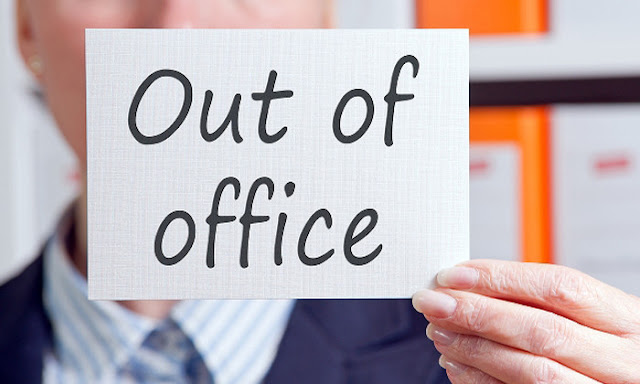
642 Things – How to Skip Work
 |
| (source) |
Alright, so you want to get out of work for the day. You’re not actually sick, you don’t have any specific reason you need the day off to request it, or maybe you’ve run out of holidays and personal days or don’t want to use another one up… What’s the plan?
Step 1 – Pick your day
Now there’s a good chance that you’re doing this spontaneously, which is absolutely fair enough, but just take a second to consider what day it is. Have you already been sick recently? Do you have other days off coming up soon? Getting sick too often, or maybe trying to extend a break that’s already been planned… that might look suspicious! Obviously, illness can strike out of nowhere, of course. Just remember, it’s probably more believable to take a couple of days off at once to ‘recover’ than to get sick for a single day at a time every few weeks.
Step 2 – Check your contract
Do you get personal days that are separate to sick days? How many sick days do you get? What is defined as ‘sick’ – does mental health factor in? Do you need to get proof, such as a doctor’s note (normally this is only required for longer absences)? Can you claim you have an appointment, or does that still count as a sick/personal day? How many days have you used up already? It might be that you can skip work pretty easily, but you won’t get paid for that day, it just depends on the terms of your contract! Chances are you’re going to skip a day no matter what, but it’s worth knowing what that means in terms of your pay and such.
Step 3 – Choose your cover story
This is the most important step of all! Pleading sick is the simplest, most common option. If possible, fake some mild symptoms the day before – coughing, sniffing, headache, whatever – so it doesn’t come wildly out of the blue. You could also use cold/flu symptoms to sneak two or three days off for recovery time! Illness can develop overnight though, and something like food poisoning, a stomach bug, or a migraine are potential options that usually require only a 24 hour recovery period. Just be aware, you can only use these a couple of times before it starts to look suspicious!
Step 5 – Follow up
Step 6 – Relax!
You May Also Like

Writer Tag
11 January 2018
Musically Inspired – Try to Struggle On
3 February 2018

